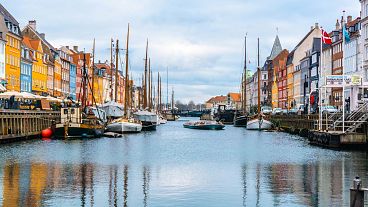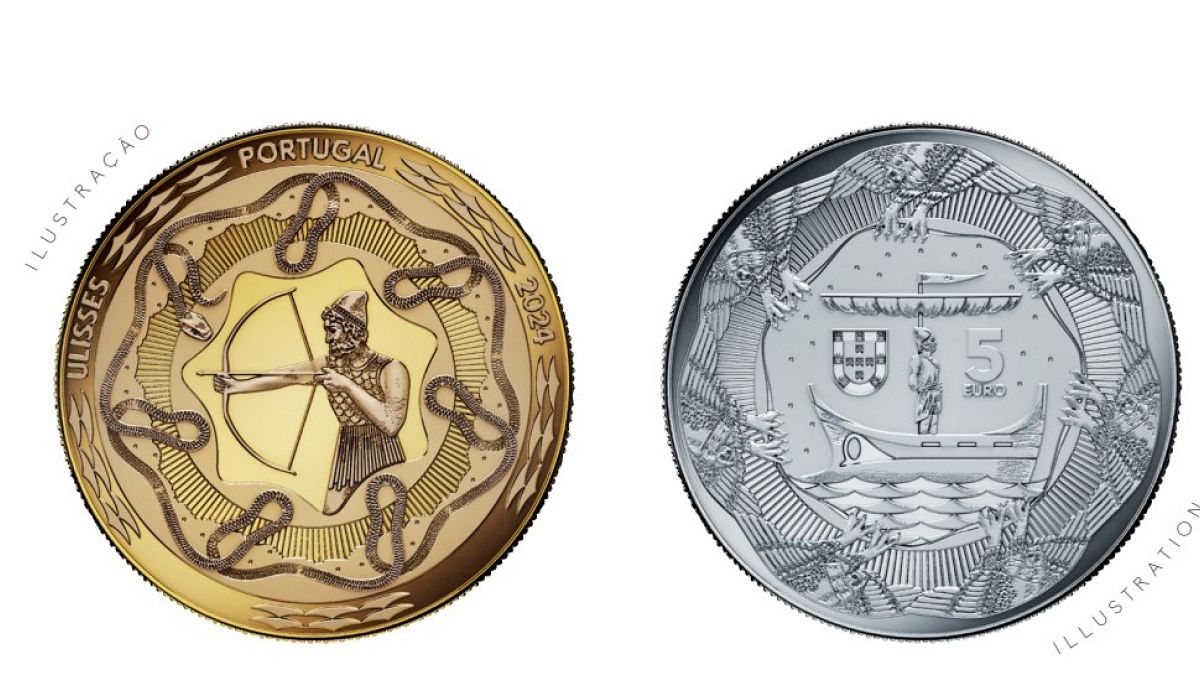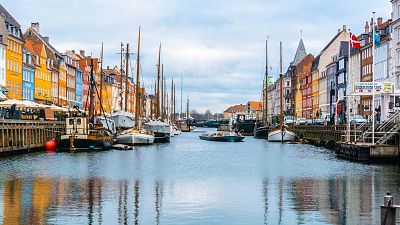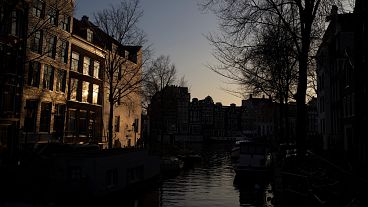The Bank of Portugal pays tribute to the mythical founder of Lisbon with a €5 collector coin.
A new penny will be distributed throughout Portugal from Wednesday that depicts the legendary hero Ulysses, designed by artist Gonçalo Viana.
With a face value of €5, the coin is only valid in Portugal, and will be distributed to the public through credit institutions, the Banco de Portugal's cash offices and the shops of the National Printing House.
The country is paying homage to the fictional figure Ulysses because of his links to Portugal's capital Lisbon.
The mythical hero, who also goes by the Greek name Odysseus, is best known for his starring role in Homer's Odyssey, an epic poem composed around the 7th or 8th century BC. The character also pops up in the Iliad - and a number of other poems and plays. Many now associate the name Ulysses with the novel of the same name by Irish writer James Joyce, a modernist work inspired by the classics.
Historians have found no real evidence that Ulysses, a fabled king of Ithaca, actually existed. Even so, some storytellers have suggested that the city of Lisbon was founded by the hero, who stopped there when travelling home from the Trojan war.
On the front side of the new coin, we can see Ulysses tied to a ship’s mast. The image depicts a scene from the Odyssey, where the hero asks his sailing crew to tie him up. He wishes to listen to the bewitching songs of sirens, without being lured to the water by their voices.
The mer creatures in question, meanwhile, can be seen on the outer circle of the coin. Seven sirens are featured with bird-like bodies, their wings and claws extended. They are reaching out towards the Greek hero, who is also placed next to the Portuguese coat of arms.
On the back side of the coin, we can see Ulysses armed with a bow and arrow. The hero is surrounded by a serpent forming seven curves with its body, a nod to the seven hills of Lisbon.
Although this episode is not featured in Homer's epic, folklore suggests that Ulysses was loved by the Queen of Ophiussa, the land that is now Lisbon.
When Ulysses sought to leave the kingdom, it is said that her arms turned into serpents as she chased out to sea after him. These serpents, so the story goes, became Lisbon's hills.















